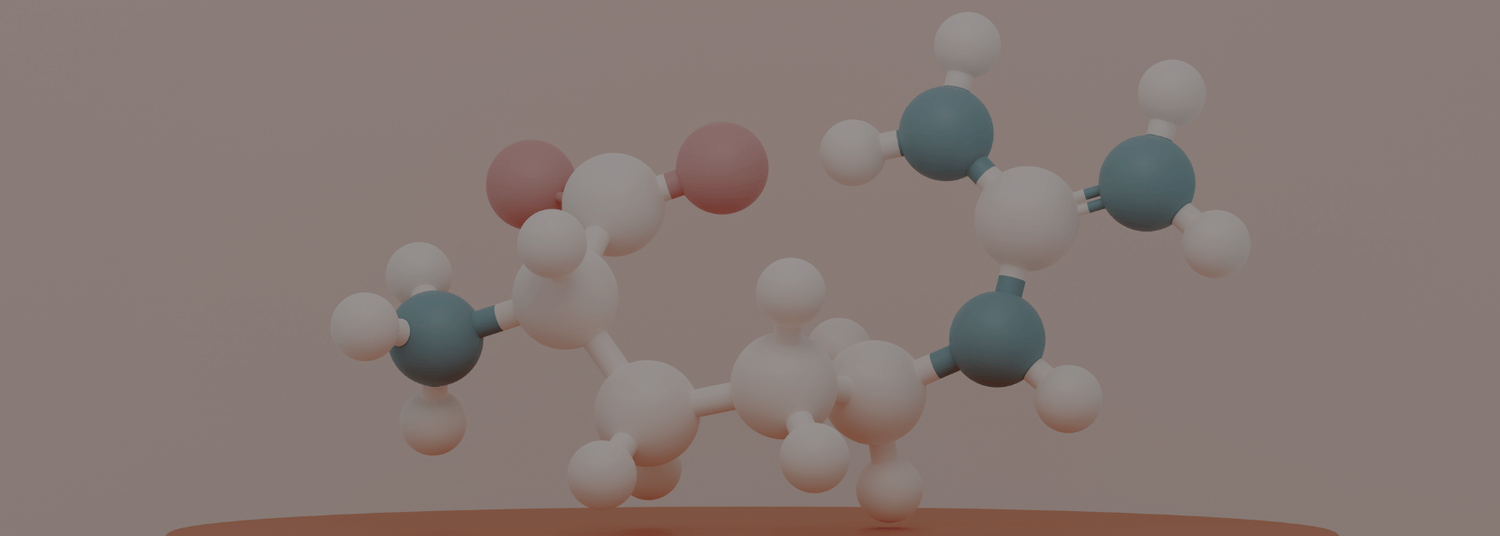The Importance of Amino Acids in Proteins
Proteins are often seen as essential building blocks in our diet, but what really makes them indispensable are the amino acids they are made of. Amino acids support various functions in the human body and play an important role in processes such as muscle building, tissue repair, and supporting the immune system. Understanding the importance of the different amino acids can contribute to a better approach to health and nutrition.
Essential Amino Acids
There are twenty amino acids used in human protein synthesis, nine of which are essential. Because the body cannot make these amino acids, they must be obtained from food. Proteins that contain all of the essential amino acids are called "complete proteins" and can help with:
- Growth and repair : Supports tissue growth and repair of damage.
- Hormonal Function : Hormones that are based on protein structures require amino acids for proper function.
- Enzymatic activity : Enzymes, which speed up chemical reactions in the body, depend on the right amino acids.
Non-essential and Semi-essential Amino Acids
In addition to the essential amino acids, the body also produces non-essential and semi-essential amino acids. These amino acids support:
- Metabolism : Contribute to energy production.
- Immune system : Are involved in supporting immune responses.
Amino Acids for Muscle Building and Recovery
For athletes and strength trainers, protein intake with a good balance of amino acids is important. Amino acids such as leucine, isoleucine and valine (known as BCAAs) support:
- Muscle growth : Promote protein synthesis after physical exertion.
- Muscle recovery and maintenance : Helps reduce muscle breakdown.
Skin, Hair and Nail Health
Collagen, a protein containing amino acids such as glycine and proline, supports skin health as well as hair and nail strength.
Cognitive Functions and Mood
Amino acids such as tryptophan are involved in the production of neurotransmitters, including serotonin, which supports mood and cognitive functions.
Digestion and Nutrient Absorption
Amino acids are needed for the production of enzymes that aid in the digestion of food and absorption of nutrients.
Conclusion
A diet rich in protein with a complete amino acid profile can contribute to optimal health by providing the body with all the amino acids it needs. By understanding the role of amino acids, we can make better choices to support a balanced and varied diet that contributes to our well-being.




Leave a comment
All comments are moderated before being published.
This site is protected by hCaptcha and the hCaptcha Privacy Policy and Terms of Service apply.